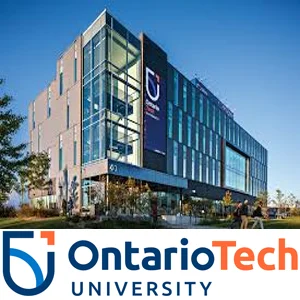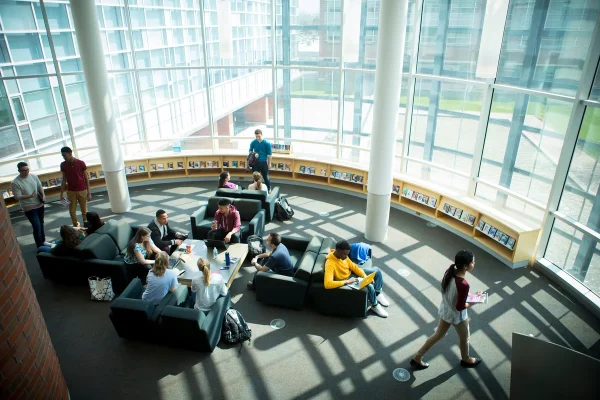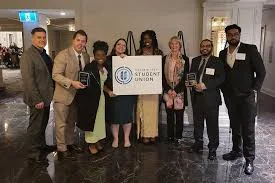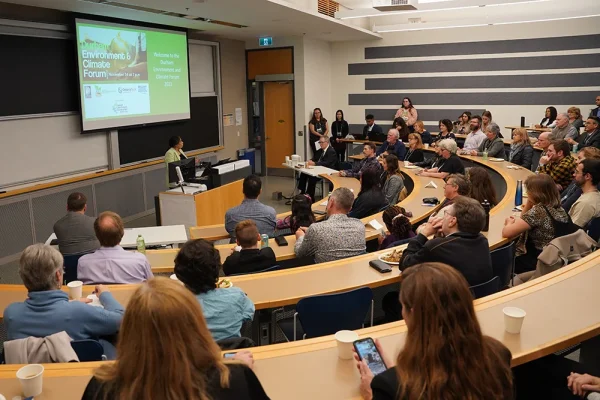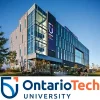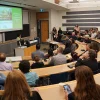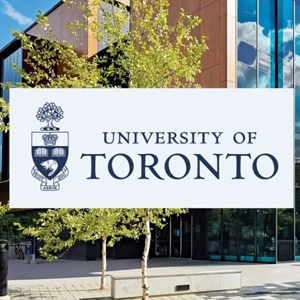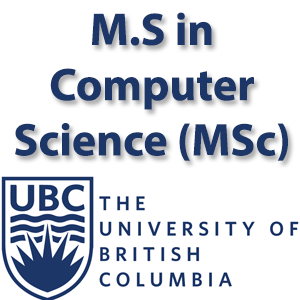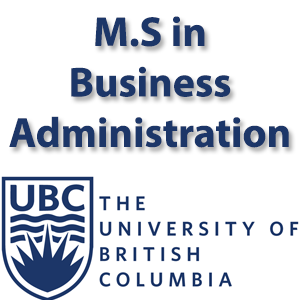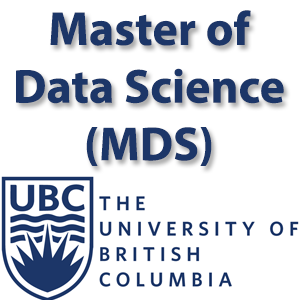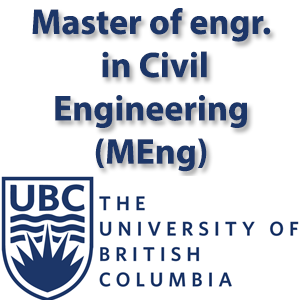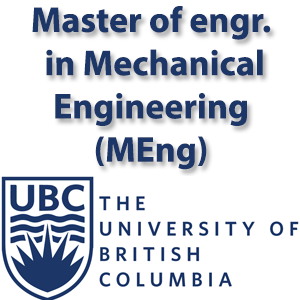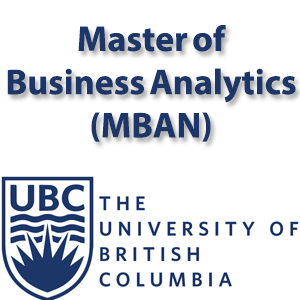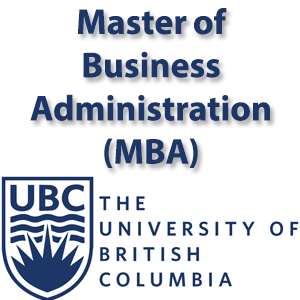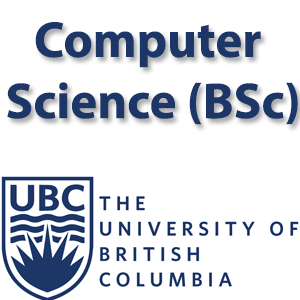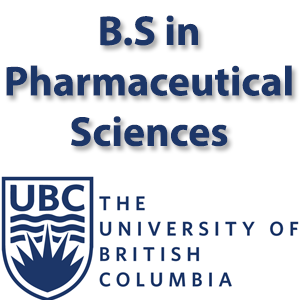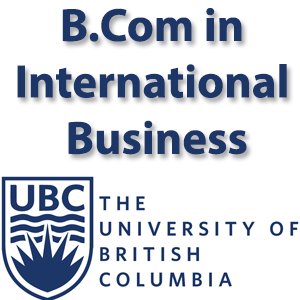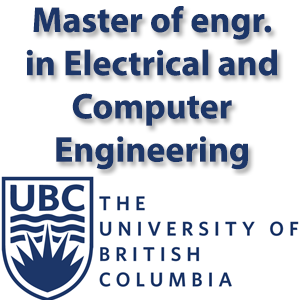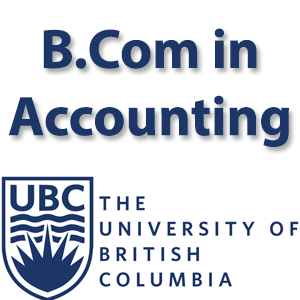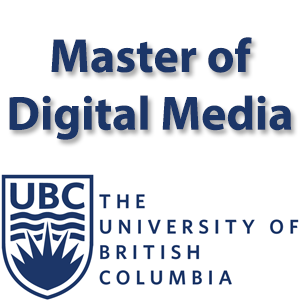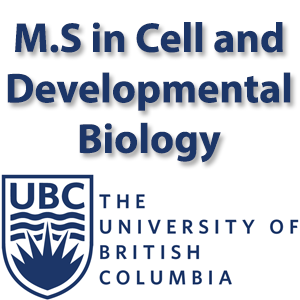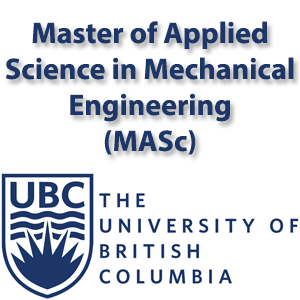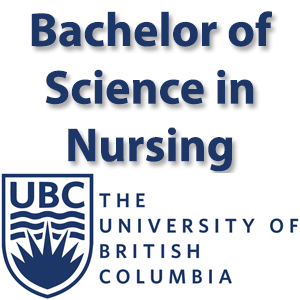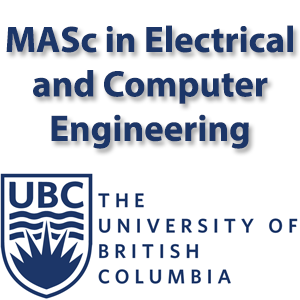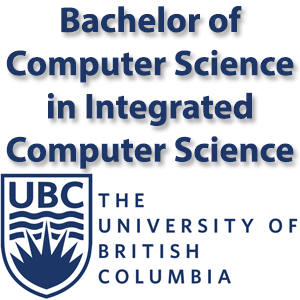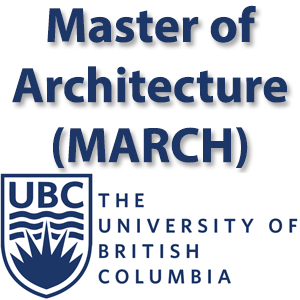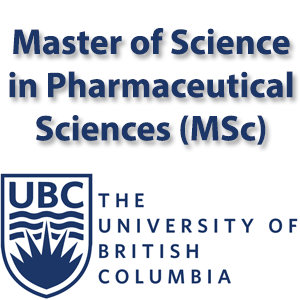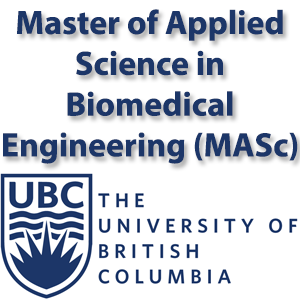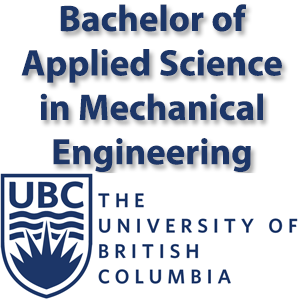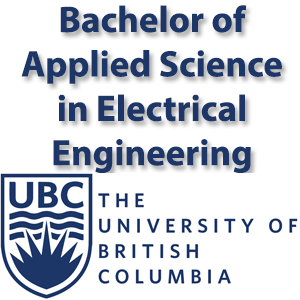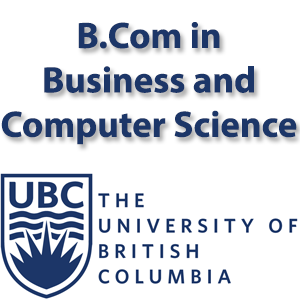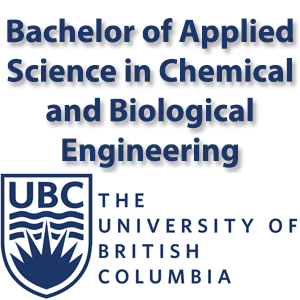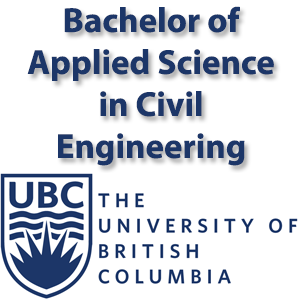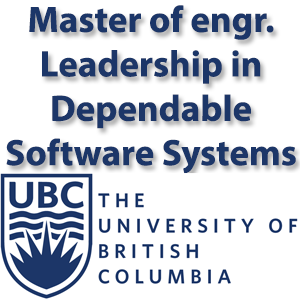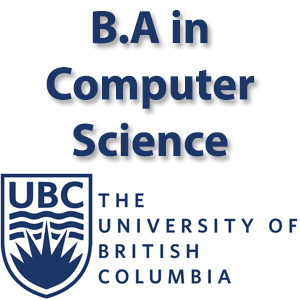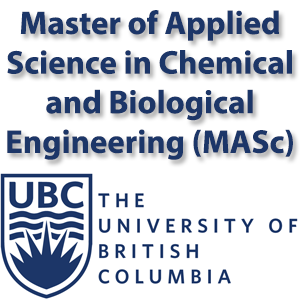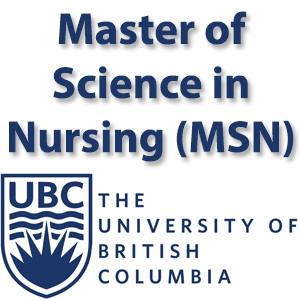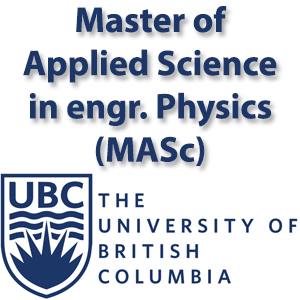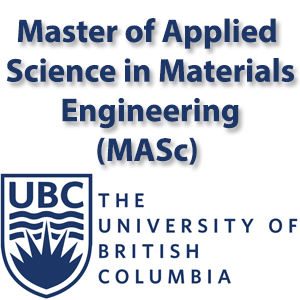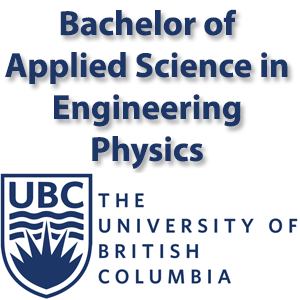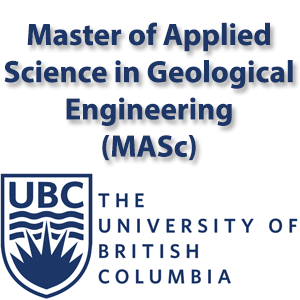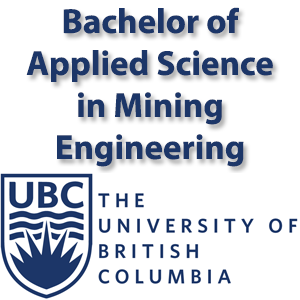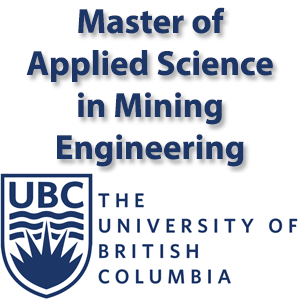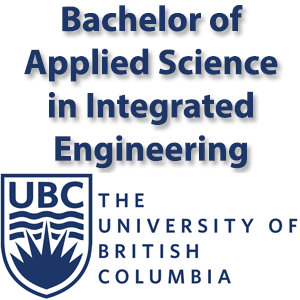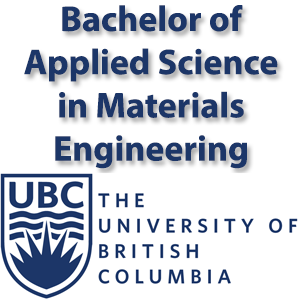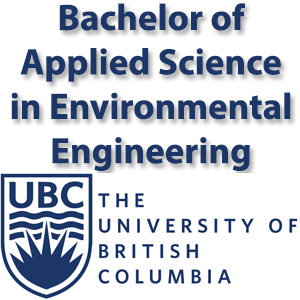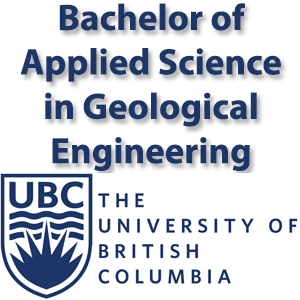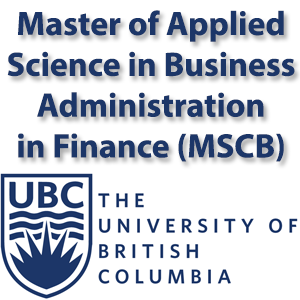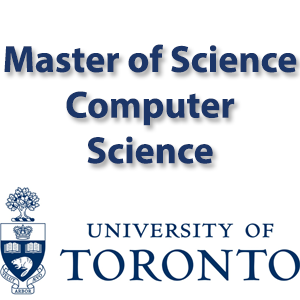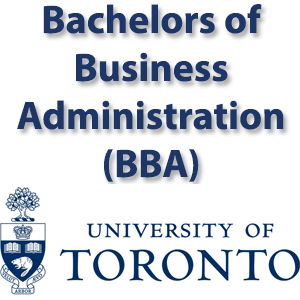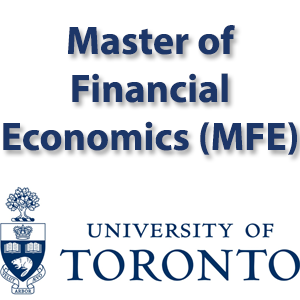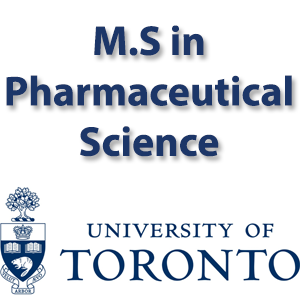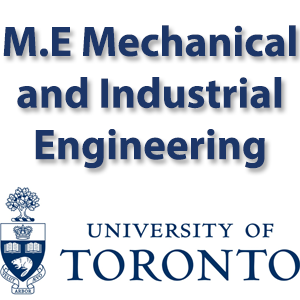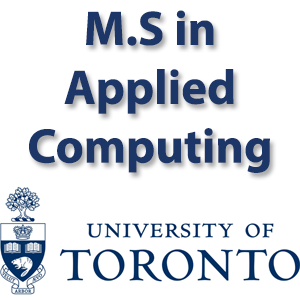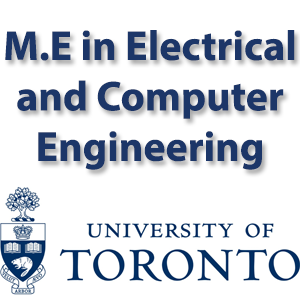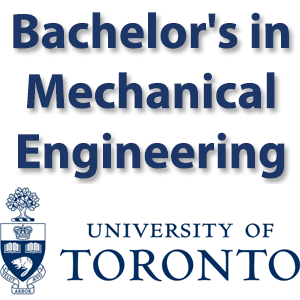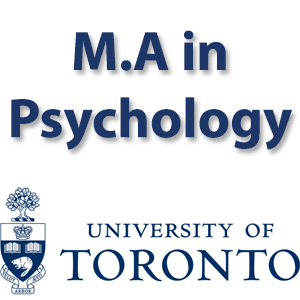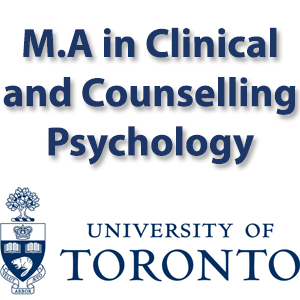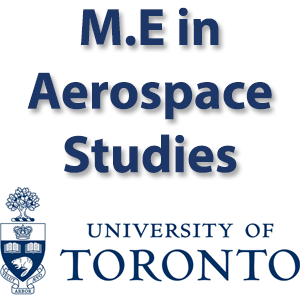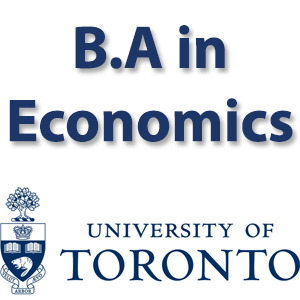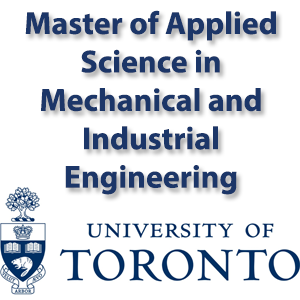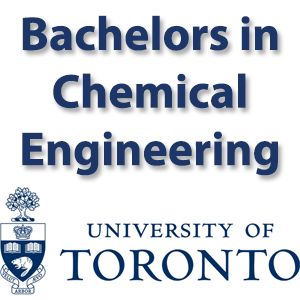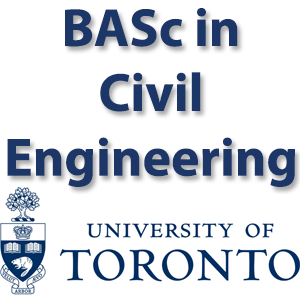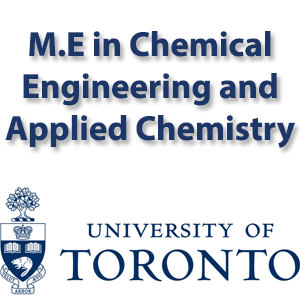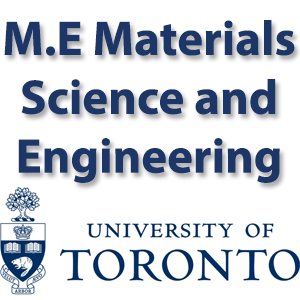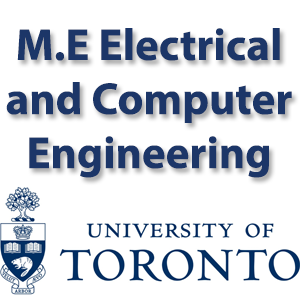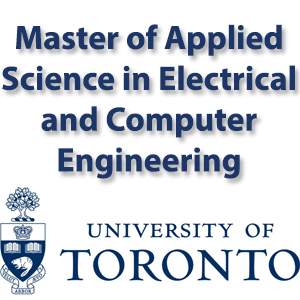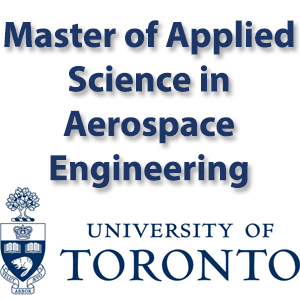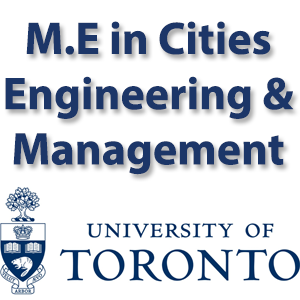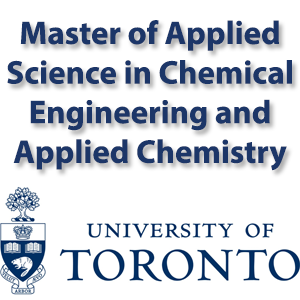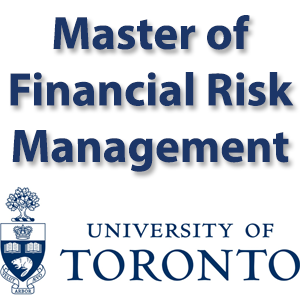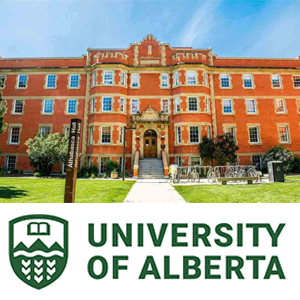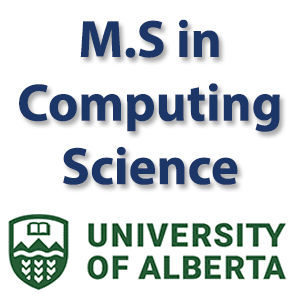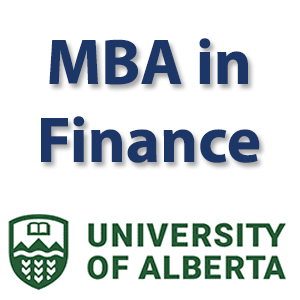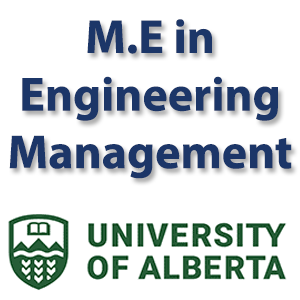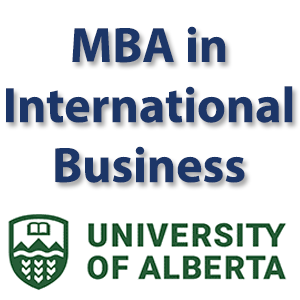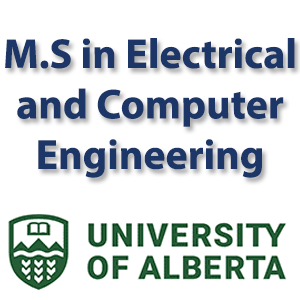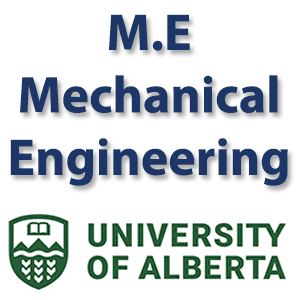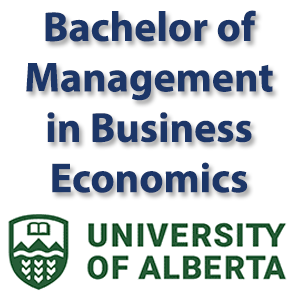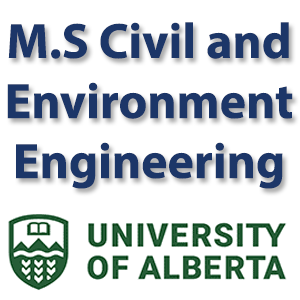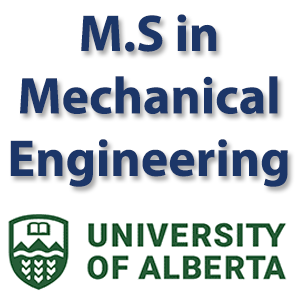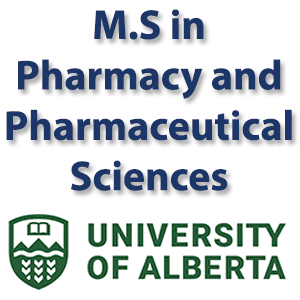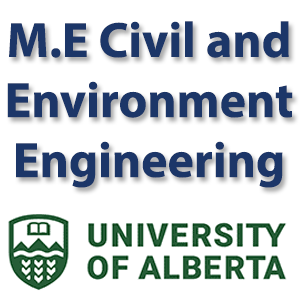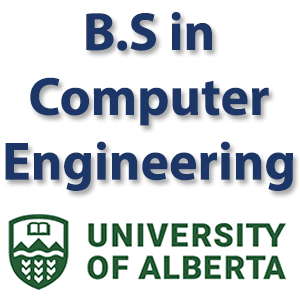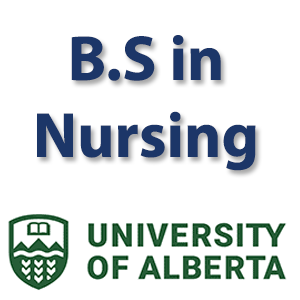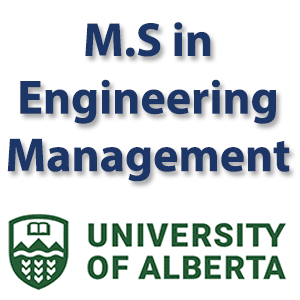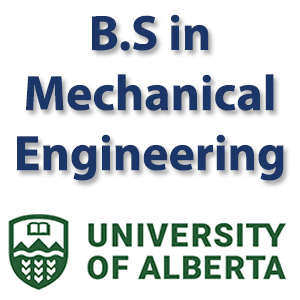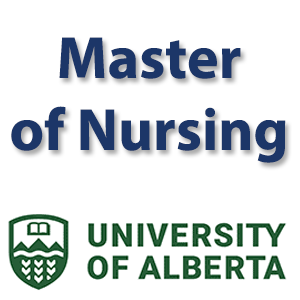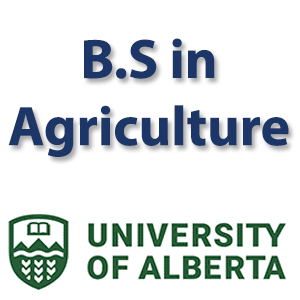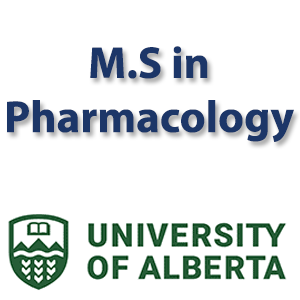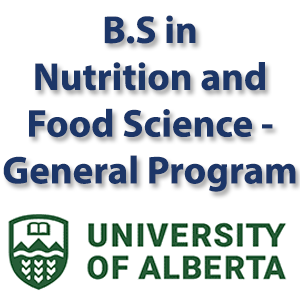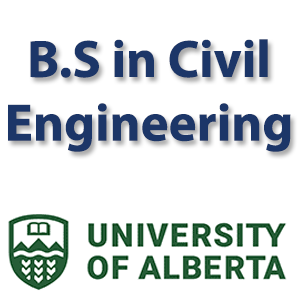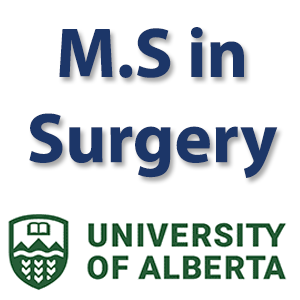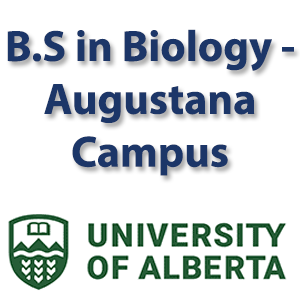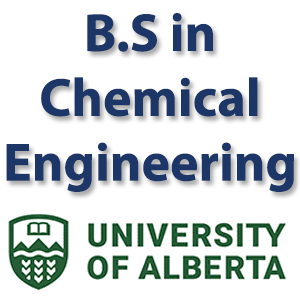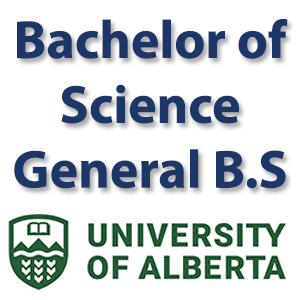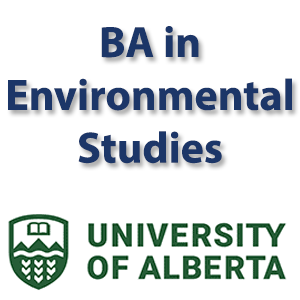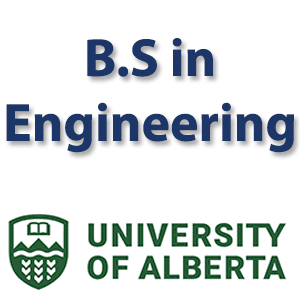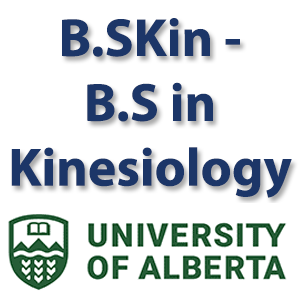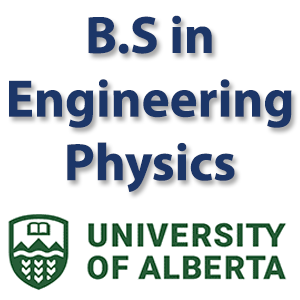University of Ontario Institute of Technology
Address:
2000 Simcoe St N, Oshawa, ON L1G 0C5, Canada
International admission requirements
General minimum requirements listed by country and curriculum
If you are attending a school that offers multiple curricula, we may require your school to specify the type of program you are enrolled in to ensure that all corresponding documentation is submitted.
Full diploma candidates who achieve passes in six subjects with at least three at the Higher Level, and who accumulate a grade total of 24 with no score lower than 4 are eligible for admission to first year. Admitting scores vary from program to program.
For Engineering and Science degrees, the mathematics courses accepted are Analysis and Approaches HL or SL, or Applications and Interpretation HL.
Final IB results must be made available to the university online by the International Baccalaureate office.
If you are not completing the full IB Diploma, individual IB courses may be considered for admission; however, official transcripts and proof of high school graduation from a recognized curriculum must be submitted directly by your school. Note: The IB Career-related program is not accepted as a basis of admission/proof of high school graduation.
Applicants who are following the IB curriculum can satisfy their English language proficiency (ELP) requirements by presenting an IB certificate or diploma with a minimum grade of 4 in IB English A.
India
All India Senior School Certificate awarded by CBSE; or
Indian School Certificate awarded by CISCE; or
Individual State Boards – Intermediate/Pre-University/Higher Secondary/Senior Secondary School Certificate
Current Grade XII applicants must submit their final Grade XI marksheet along with a Grade XII marksheet indicating courses currently studied and midterm or in-progress grades. Predicted grades will only be accepted with current Grade XII midterm marks.
Applicants are also encouraged to upload a copy of their Admit Card or email the information contained on it (roll, centre and school numbers) for online verification of their final CBSE/CISCE/State Board results after the release date.
If you are not studying the national curriculum, see British-Patterned Education and International Baccalaureate for more information.
If your documents are issued in a language other than English, you must also provide notarized literal English translations.
History
Here you will discover our proud history, learn about our vision, mission and values and get the facts about our leading-edge university.
Modern and forwarding-thinking, Ontario Tech University advances the discovery and application of knowledge to accelerate economic growth, regional development and social innovation. We inspire and equip our students and graduates to make a positive impact in a tech-focused world.
We believe it’s not only about developing the next tech breakthrough.
Understanding and integrating the social and ethical implications of technology is our key differentiator.
We adapt to the ever-changing educational landscape by experimenting with the most effective ways to deliver flexible and dynamic learning, giving more choices to more people. By offering a range of credentials and experiential learning opportunities, and sparking entrepreneurship activities, we provide learner-centred educational options.
Our students enjoy a stimulating campus life experience that includes hundreds of clubs, cultural and community events, recreational opportunities and a growing varsity athletics program featuring basketball, badminton, curling, dance, golf, hockey, rowing, soccer, and women’s lacrosse.
In addition to excellence in teaching, we offer our students experiential learning opportunities through internships, co-ops, practicums, research projects and more. In fact, 85 percent of upper-year undergraduate students participate in experiential learning.
We collaborate with industry, community, government and academic organizations, bringing them together with our researchers and students to uncover innovative solutions for our partners’ most pressing problems. The home to more than 80 specialized research laboratories and facilities, we’re committed to attracting passionate and capable scholars to our high-tech campus.
We are Ontario Tech
Since opening our doors in 2002, Ontario Tech has continued to climb the ranks nationally and internationally. The university is home to more than 14,000 students, with 105 undergraduate and graduate programs focused on tech and innovation. Our hands-on learning approach, industry partnerships, and 1:24 teacher-to-student ratio ensure that 90 per cent of our students are employed six months after graduation. Unleash your future today at Ontario Tech.
International student tuition 2023-2024
Begin by confirming what year of study you are in. Then, select your faculty to review what your tuition costs are for this year. For international graduate program tuition and fees, visit the School of Graduate and Postdoctoral Studies website.
Year | Cost |
| First | $30,655.26 |
| Second | $30,655.26 |
| Third | $29,261.86 |
| Fourth | $25,450.26 |
| Fifth | $24,450.26 |
Year | Cost |
| First | $33,961.68 |
| Second | $33,961.68 |
| Third | $31,008.48 |
| Fourth | $26,969.34 |
| Fifth | $26,943.64 |
Year | Cost |
| First | $31,259.30 |
| Second | $31,259.30 |
| Third | $29,838.42 |
| Fourth | $25,951.70 |
Year | Cost |
| First | $34,003.02 |
| Second | $34,003.02 |
| Third | $32,457.42 |
| Fourth | $28,229.54 |
Year | Cost |
| First | $37,111.72 |
| Second | $37,111.72 |
| Third | $33,884.60 |
| Fourth | $29,470.84 |
Year | Cost |
| First | $41,798.60 |
| Second | $41,798.60 |
| Third | $38,163.94 |
| Fourth | $33,192.74 |
| Fifth | $33,161.14 |
Important note: Fees are subject to change without notice. Every effort has been made to ensure the fees listed on this page are accurate. In the event of an inconsistency between the fees published here and those approved by the Board of Governors and/or administration, the latter shall prevail.
International students can apply for the Global Leadership Award, an application-based award that requires students to submit an online application, along with reference letters from teachers and/or community members. Learn more about criteria and how to apply. We also have an in-course scholarship program which you may be eligible for after completing a full academic year. In-course scholarships are available to students who:
- Completed a fall and winter term at a minimum 80 per cent course load.
- Achieved a minimum 3.7 grade point average (GPA).
- Are returning to a minimum 80 per cent course load in the upcoming fall and winter terms.
International students
Where can I find answers to questions about travel, immigration, and more?
We know you have questions about travel, immigration, health insurance, and international student support.
To learn more, visit our international students frequently asked questions page.
FAQS: INTERNATIONAL STUDENTS
Please note that this information is not a legal document and information may change without notice. Always refer to Immigration, Refugees and Citizenship Canada (IRCC) for the most up-to-date information.
Student exchange
Where can I find answers to questions about student exchange?
Ontario Tech University continues to monitor developments both in Canada and globally. The Student Exchange program is conditional to the coronavirus (COVID-19) pandemic status and any travel restrictions that may be in place, at the time students are expected to start their study abroad.
To read our frequently asked questions about student exchange, please select the type of exchange you are interested in:
Inbound student exchange Outbound student exchange
Visiting scholars
What is a visiting scholar program?
“Visiting Scholars” are individuals who are either faculty, students (undergraduate or graduate) or partner university staff who are interested in conducting research and working at the university with a non-paid appointment, for a limited period of time under the supervision of an Ontario Tech University faculty member.
What are the categories of Visiting Scholars?
Visiting Student – An undergraduate or graduate student at another institution. Visiting Professor – A faculty member at another organization or institution. Visiting Staff – A staff member at another organization or institution. Note: Each category has a different application and eligibility requirements and conditions may apply.
Do visiting scholars receive any type of remuneration?
The visiting scholar appointment is non-paid. As non-employees, they have no teaching or other responsibilities and are not entitled to a salary.
Can I request for reimbursement of expenses?
Reimbursement of expenses can be paid by the host supervisor at their discretion. Eligible claims may be approved for incidental costs or expenses related to: Travel, Accommodations and meals and Medical Insurance. All reimbursements will require submission of original receipts.
How long can my visit to the university be for?
Up to one year (renewable) to a maximum of 2 years.
Do I receive a credit for my visit?
No, this is a non-credit appointment with no course registration.
Do I need any Canadian immigration documents to be able to start my research work in Canada?
All international visiting appointees at Ontario Tech University must hold the necessary authorization from Immigration and Refugee Citizenship Canada (IRCC) to enter and stay in Canada during the period of their appointment and must abide by the terms and conditions therein. About the immigration process:
- If the visit is for less than 120 days the Visiting Scholar may be exempt of a Work Permit under the Short-term (120-day) work permit exemption for researchers.
- If the visit is over 120 days a Work Permit will be required. More information can be found on the IRCC website.
Both options will also require a Temporary Resident Visa (TRV) or an eTA. More information can be found on the IRCC website. Note:
- It is the sole responsibility of the visiting appointees to ensure that the immigration documentation is valid, up-to-date, accurate, and truthful.
- Appointments for visiting scholars who lose their authorization to stay or work in Canada for any reason whatsoever will cease on the effective date that authorization expires or is terminated.
- Visiting appointees are responsible for providing documentation to support their ability to work in Canada upon request and they are responsible for all costs associated with the proper authorization from IRCC.



